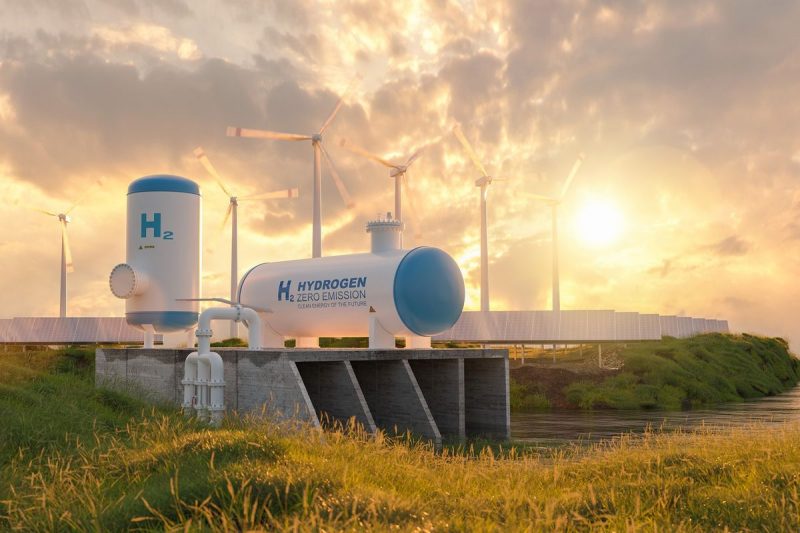Investing in Hydrogen: A Comprehensive Guide
Hydrogen has long been hailed as the future of clean energy, with the promise of a sustainable and environmentally friendly alternative to fossil fuels. As the world continues to focus on reducing carbon emissions and combating climate change, hydrogen is increasingly being seen as a critical component of the transition to a low-carbon economy. But is now the right time to invest in hydrogen?
Understanding the Market Dynamics
Before diving into the investment opportunities in the hydrogen sector, it is crucial to understand the current market dynamics. The global hydrogen market is expected to grow significantly in the coming years, driven by increasing government support, technological advancements, and a growing focus on decarbonization.
Governments around the world are setting ambitious targets to reduce carbon emissions, with hydrogen playing a central role in many of these plans. Countries such as Japan, South Korea, and Germany have already unveiled hydrogen strategies and are heavily investing in hydrogen infrastructure and technology. Such initiatives create a conducive environment for investors looking to capitalize on the growing demand for clean energy solutions.
Challenges and Risks
While the prospects for hydrogen are promising, there are challenges and risks that potential investors need to consider. One of the main obstacles to widespread hydrogen adoption is the high cost of production. Current hydrogen production methods, such as steam methane reforming, are energy-intensive and rely on fossil fuels, compromising the environmental benefits of hydrogen.
Moreover, the lack of a well-developed hydrogen infrastructure is another barrier to investment. Building the necessary infrastructure, including hydrogen production, storage, and distribution facilities, requires substantial capital investment and coordination among various stakeholders. Investors should carefully assess the readiness of the market and the regulatory landscape before committing to hydrogen projects.
Investment Opportunities
Despite the challenges, there are several investment opportunities in the hydrogen sector that investors can explore. One of the key areas of growth is hydrogen production technologies, particularly electrolysis. Electrolyzers use electricity to split water molecules into hydrogen and oxygen, offering a cleaner and more sustainable method of hydrogen production.
Additionally, investing in hydrogen fuel cells, which convert hydrogen into electricity with zero emissions, presents another attractive opportunity. Fuel cells have a wide range of applications, from powering vehicles to providing backup power for buildings, making them a versatile and scalable technology for the transition to a low-carbon economy.
Furthermore, investing in companies that are involved in the development of hydrogen infrastructure, such as hydrogen refueling stations and storage facilities, can offer long-term value potential. As the demand for hydrogen grows, so will the need for robust infrastructure to support its production, distribution, and utilization.
Conclusion
In conclusion, investing in hydrogen presents both opportunities and challenges for investors seeking exposure to the clean energy sector. While the market is still evolving, the long-term potential of hydrogen as a sustainable energy solution is undeniable. By carefully evaluating market dynamics, understanding the risks, and identifying growth areas, investors can position themselves to benefit from the transition to a hydrogen-based economy.

